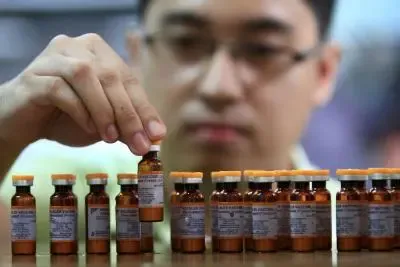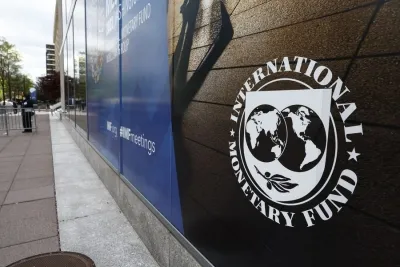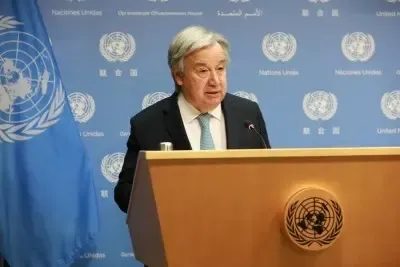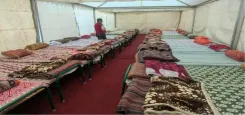Has Gauteng in South Africa Confirmed 181 Measles Cases Since January?

Synopsis
Key Takeaways
- Gauteng has reported a total of 181 measles cases since January.
- The outbreak is concentrated in Mamelodi and Winterveld.
- Efforts to vaccinate over 18,000 schoolchildren have been initiated.
- 86% of cases occur in children under 14.
- The region faces a high national risk as classified by the WHO.
Johannesburg, June 18 (NationPress) The Gauteng Department of Health in South Africa revealed on Wednesday that the region has experienced a notable rise in measles cases since the beginning of January this year, with laboratory-confirmed instances currently reaching 181.
According to Motalatale Modiba, spokesperson for the health department, the outbreak is still ongoing in certain high-risk areas, such as Mamelodi and Winterveld in Tshwane, where 35 and 10 cases have been documented, respectively, as reported by the Xinhua news agency.
The outbreak has been noted throughout the Gauteng Province, which includes Tshwane, Johannesburg, and Ekurhuleni. This situation has led the department to enhance its response efforts, particularly by conducting vaccination drives in schools.
Modiba indicated that over 18,000 students have received vaccinations in more than 15 schools in Mamelodi and 16 schools in Winterveld so far.
Nomantu Nkomo-Ralehoko, a member of the Executive Council for Health and Wellness in Gauteng, has called upon communities and parents to support vaccination initiatives.
“It is essential that we bridge the immunity gap in our communities to prevent the further spread of these highly contagious diseases, particularly measles and rubella,” she stated.
Previously, the National Institute for Communicable Diseases reported in March that South Africa had recorded 931 laboratory-confirmed measles cases throughout all 52 epidemiological weeks of 2024.
This measles outbreak has raised public health concerns across the South African region, impacting most provinces since October 2022.
Children under the age of 14 make up the majority of cases, accounting for 86%, with the highest incidence observed in the 1–4 and 5–9 age brackets.
The vaccination status of a large number of cases remains unknown, but only 10% of confirmed cases have received at least one dose of the measles-containing vaccine.
The national immunization coverage for both MCV1 and MCV2 was estimated at 86% in 2022.
The WHO categorizes the national risk as high, the regional risk as moderate, and the global risk as low.










